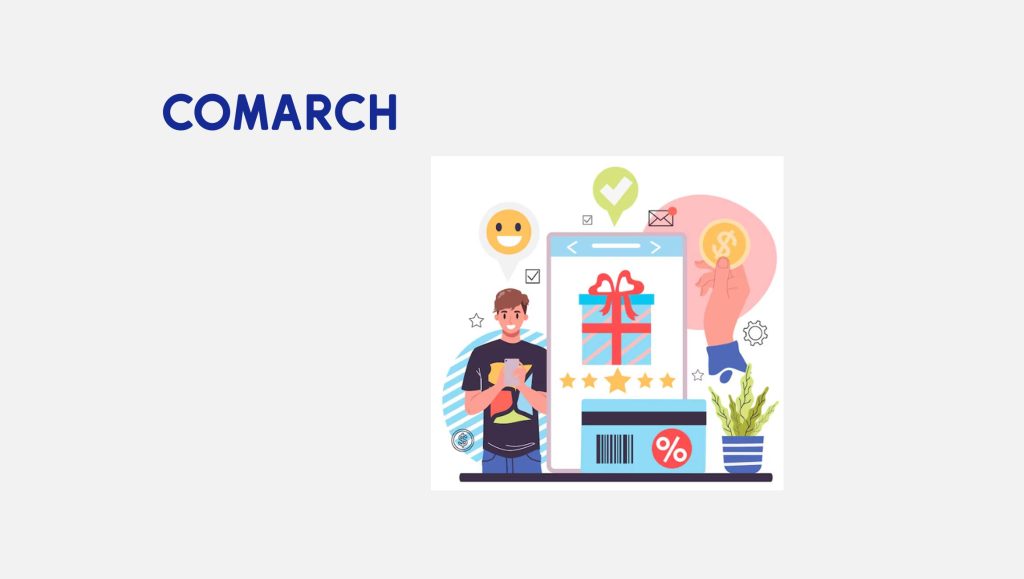PowerInbox, an innovation leader in email monetization announced, the results of a new consumer survey that shows digital audiences place a high value on content personalization but in turn, are concerned about the data collection that drives those recommendations, forcing publishers to strike a delicate balance to drive audience engagement and revenue.
Read More: Creatio To Hold Its Premier ACCELERATE Event In Chicago On May 7-8, 2020
In fact, the study reveals that most online users (78%) are uncomfortable with websites tracking their online behavior with tools like tracking cookies, yet they expect personalization of product and article recommendations, website homepages, email newsletters and even online ads. Nearly two-thirds say they’re concerned about the use of website cookies and how sites they visit use the personal data they gather.
“The fact that consumers want a personalized experience, but don’t trust companies to keep their data safe puts publishers in a very tough position,” said PowerInbox CEO Jeff Kupietzky. “Publishers need some way to monetize their content, and without user behavior data, they can’t effectively sell ads against their audience. So, they’re being forced to find other ways of monetizing, some of which—like paywalls—aren’t working out so well.”
Read More: InLine Text From AutoRevo Empowers Dealers With Data-Driven Messaging
While many publishers believe that consumers would rather pay for online subscriptions, it turns out over 80% say they’d rather get “free” (ad-supported) content instead. And, even more promising, over two-thirds of users say they’re willing to click on an ad if it’s relevant to their interests or if it appears on a site they trust.
Kupietzky says using email, as opposed to cookies, to build an identity graph and deliver personalized content can build that level of trust and give publishers a proven channel through which to own their own audience engagement. This way, publishers can reduce their reliance on less-trusted methods, like tracking cookies and social platforms, and even expand to other channels.
“Because email is opt-in, it puts subscribers in control. And, since they only give their email address to sites they trust, when publishers send emails, our study shows subscribers are more likely to open, read and even click on ads placed within emails,” he said. “Once consumers know they can trust a publisher to deliver relevant, high-quality and personalized content, they’re more willing to expand the number of channels they engage with, providing new monetization options.”
Read More: Cincinnati Bell Launches Next-Generation Video Platform With Vecima





















